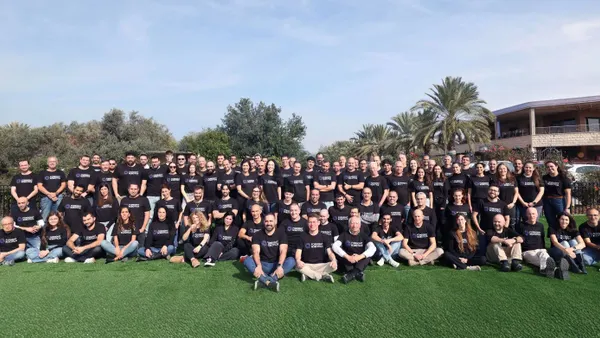Dive Brief:
- The U.K. has recommended selective internal radiation therapy (SIRT) as an option for treating neuroendocrine tumors that have metastasized to the liver, a health body said Thursday.
- Boston Scientific acquired SIRT assets in a $4.2 billion takeover in 2019 and competes with Sirtex. The U.K. decision establishes SIRT as an alternative to interventions such as surgical resection.
- The National Institute for Health and Care Excellence (NICE) reached the decision after reviewing data from studies including a retrospective assessment of Boston Scientific’s Therasphere.
Dive Insight:
SIRT entails infusing microspheres that contain sources of beta radiation through the hepatic artery. Using the hepatic artery, the main source of blood to tumors, minimizes exposure to healthy tissues that are primarily supplied by the portal vein. The approach is designed to enable the delivery of toxic levels of radiation to tumor cells without causing intolerable damage to the rest of the liver.
The approach could benefit some of the approximately 4,000 people who are diagnosed with neuroendocrine tumors in the U.K. each year. Neuroendocrine tumors that spread to the liver have worse outcomes than localized tumors and only a small portion of liver metastases are eligible for surgical removal. NICE said SIRT is a less invasive alternative to existing options for patients who are unable to undergo surgery.
“It does not need hospital admission. SIRT delivers localized radiation to the tumor with the aim of limiting damage to nearby healthy tissues,” NICE said. “These characteristics of SIRT may mean it has fewer side effects, needs fewer hospital resources and has better quality of life outcomes than alternative therapies.”
NICE based its conclusion on an assessment of nine studies that treated almost 2,000 patients. One of the studies compared outcomes in almost 250 people who received Therasphere or transarterial chemoembolization. The short-term disease control rate was higher in the chemoembolization cohort but long-term outcomes were similar, with SIRT achieving a median overall survival of 35.9 months.
Xavier Bertrand, vice president of peripheral interventions for Boston Scientific in EMEA, said in a statement the NICE guidance “means more patients could benefit from this therapy and more broadly that it addresses disparities in access to healthcare.”













